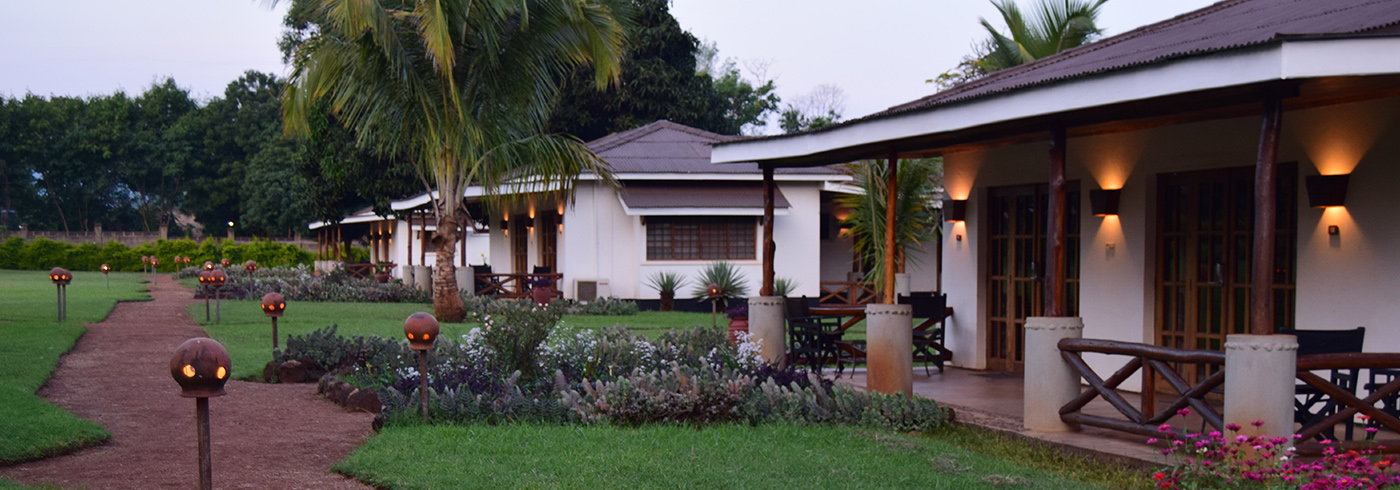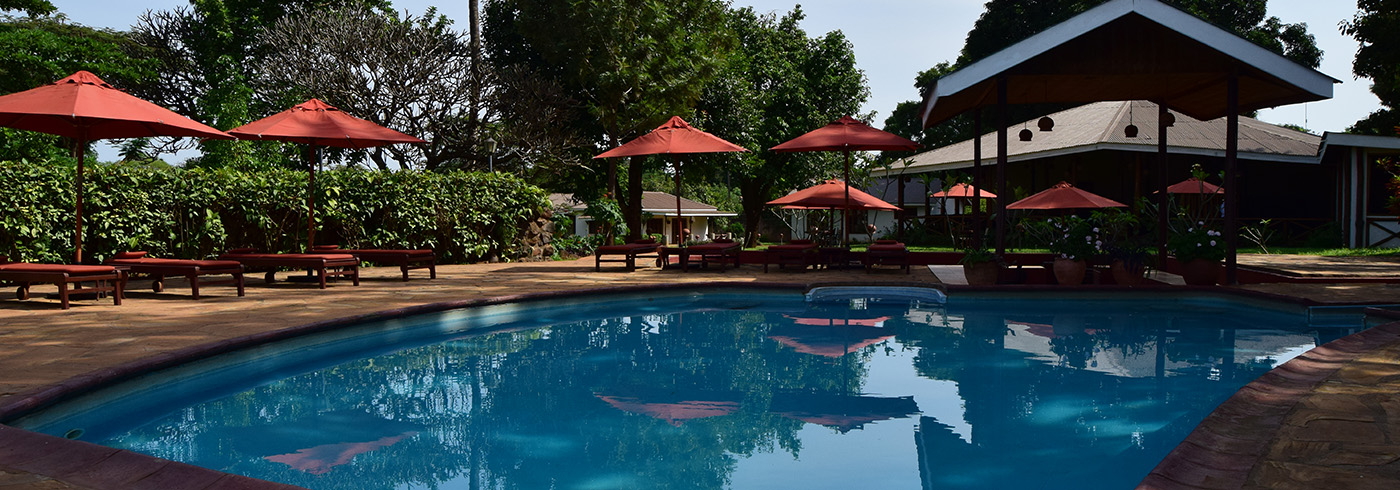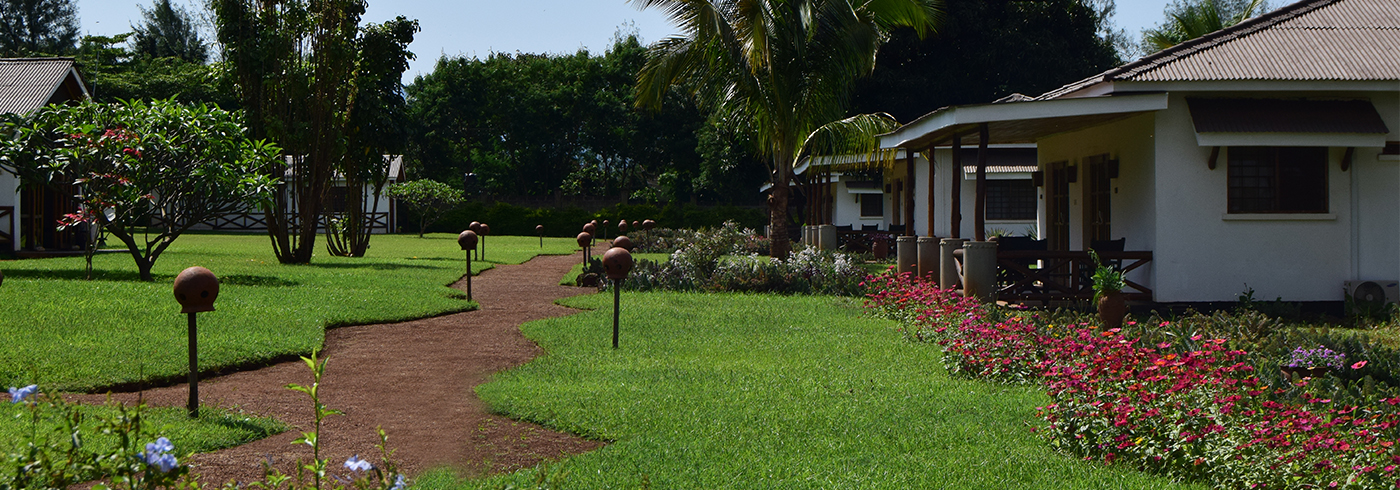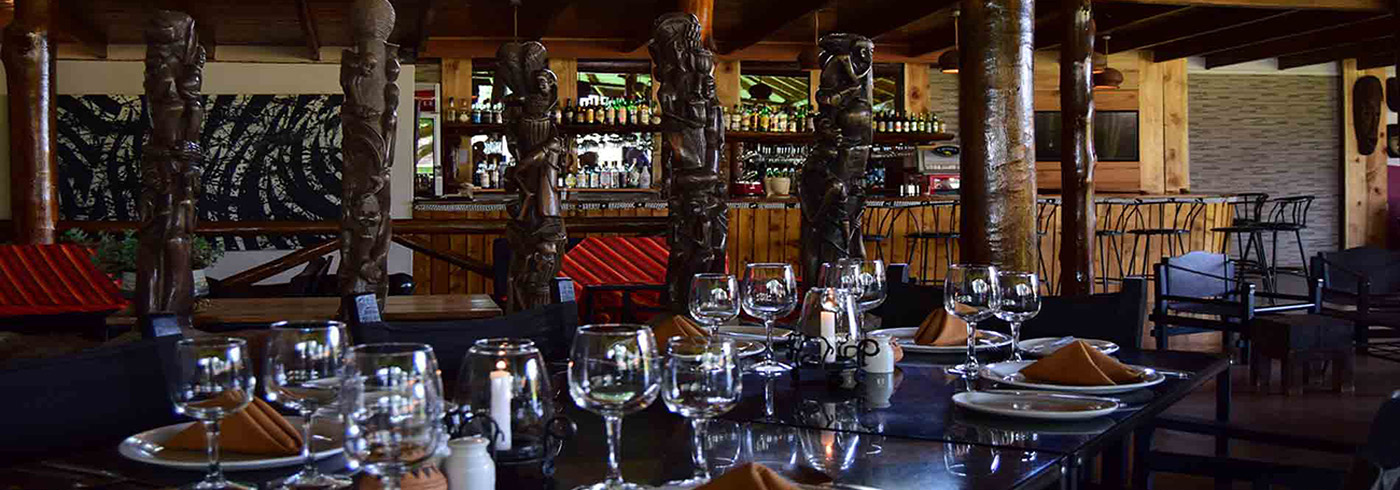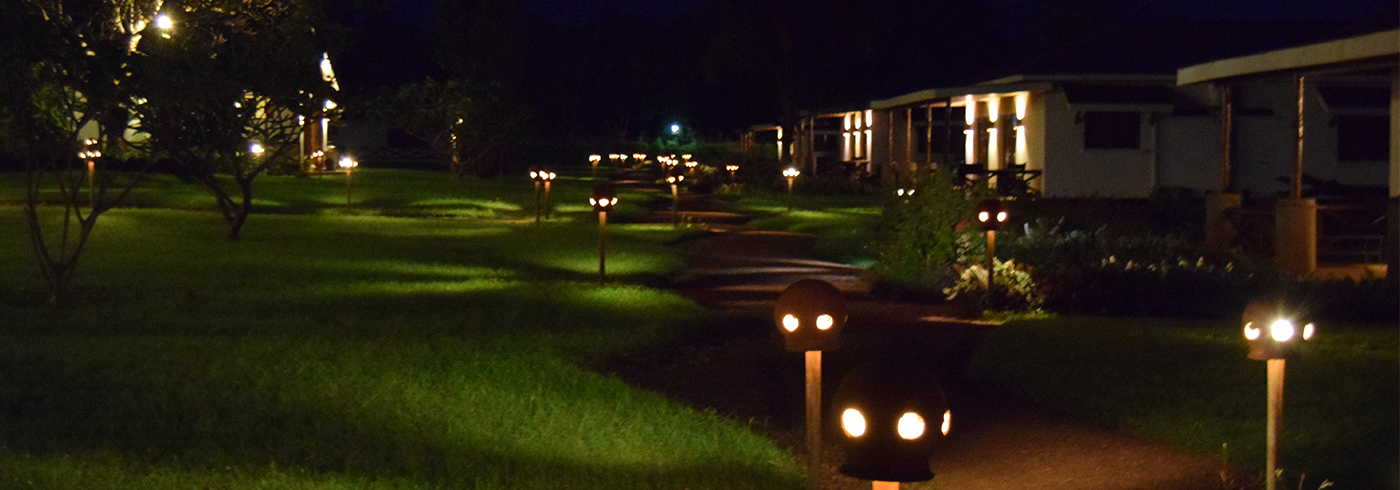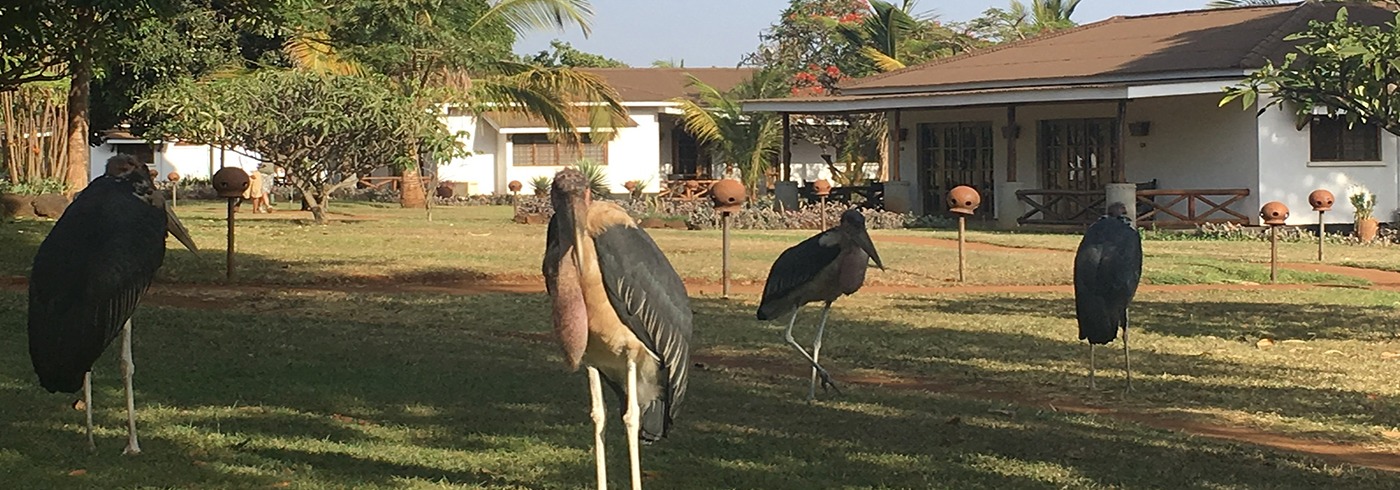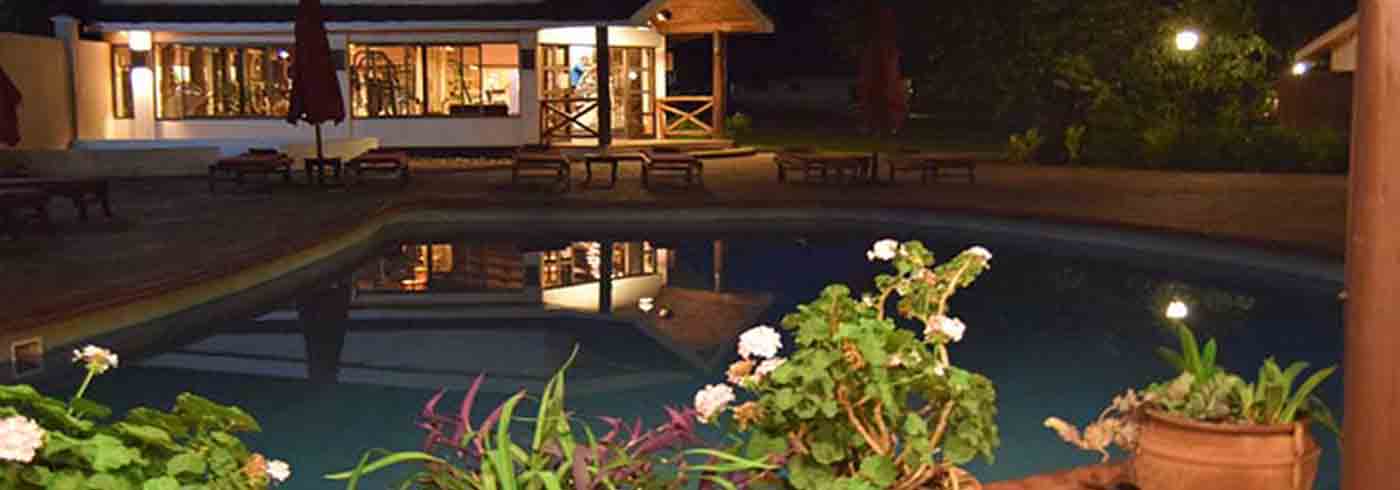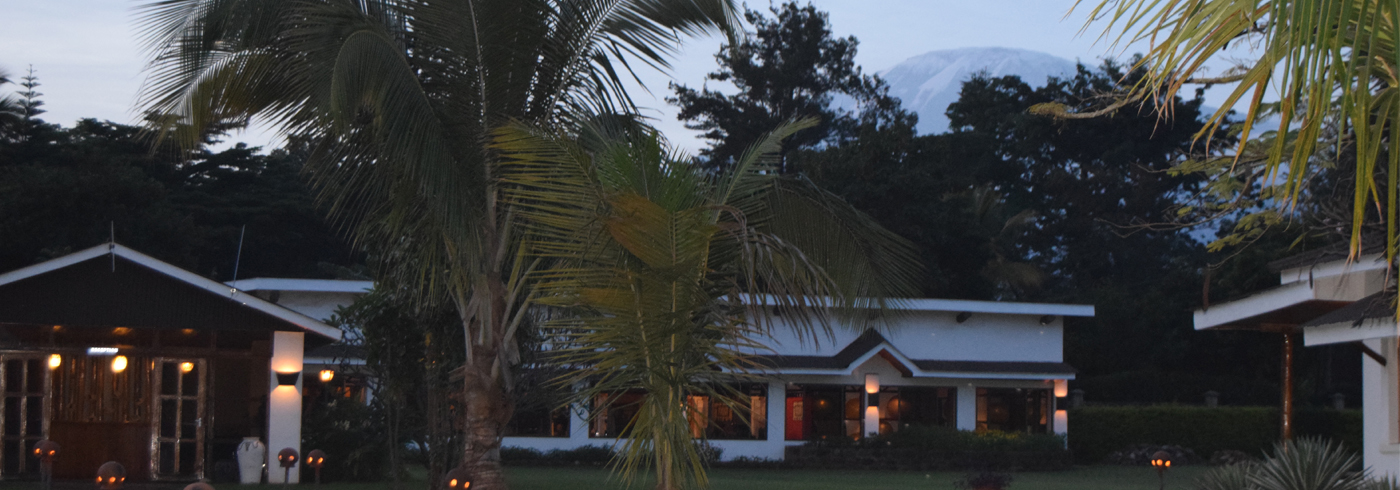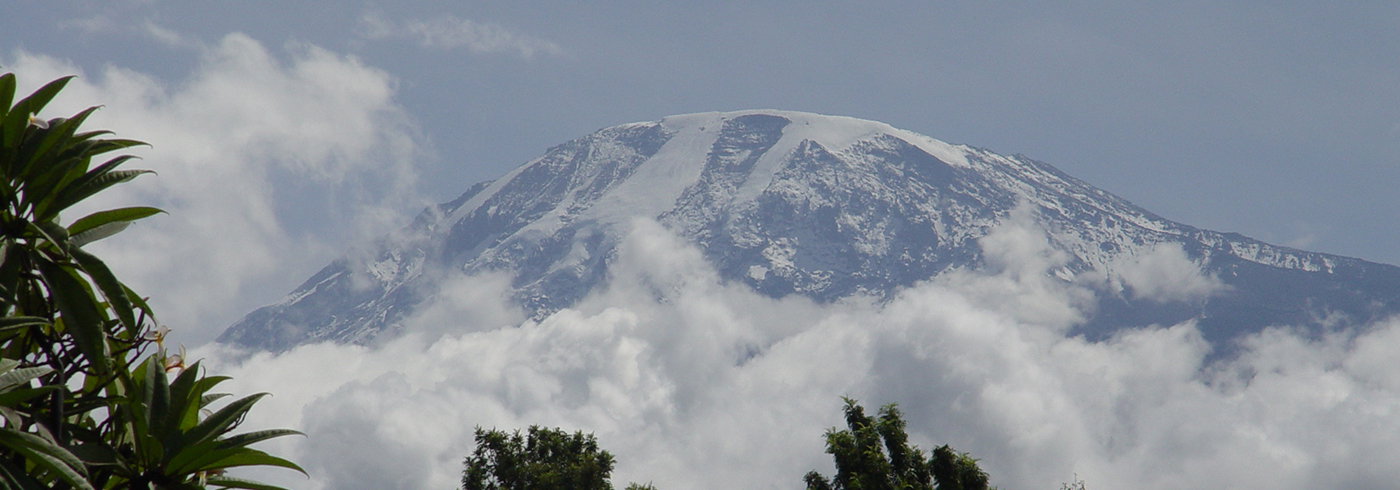Situated in the eastern part of the African continent, bordering on the Indian Ocean, Tanzania enjoys mostly warm weather all year round. The climate varies considerably in this large country, but a tropical wet and dry climate, or tropical savanna climate, predominates. The eastern portion of Tanzania has more periods of rainfall and droughts, while Central Tanzania is generally very dry.
January, February, and March are the driest summer months of the year. The main rainy season, or ‘long rains’ in Tanzania lasts from April until June. This is the time when everything turns vibrant green – the best time to see wildlife. Then, between June and August, it is drier and cooler in Tanzania. The beginning of September marks the start of the period of ‘short rains’ during the daytime, with warm summer temperatures.
Your travels through Tanzania will take you to various altitudes, ranging from mountainous regions to lower coastal areas. Temperatures therefore will differ. In view of the different seasons and the fact that it can get a little chilly at night, it is advisable to pack clothes that you can layer easily.
In Tanzania, the voltage is 220 and the frequency is 50 Hz. For charging cameras, phones etc, you will need a British plug adaptor, with the three rectangular blades. In Zanzibar, some European managed resorts, use the European plug.
Power outages are common in Tanzania therefore its worthwhile carrying a flash light or head lamp with you and always recharging appliances when the power is available.
Visit your health professional at least 4 to 6 weeks before your trip to check whether you need any vaccinations or other preventive measures. At the very least, make sure that your tetanus is up to date, and that you have a Yellow Fever immunization (required for entry into Tanzania).
Medical facilities are limited, especially outside Dar es Salaam, so make sure you have adequate comprehensive travel health insurance which will cover all overseas medical costs, including medical repatriation/evacuation, repatriation of remains and legal costs. You should check any exclusions and, in particular, that your policy covers you for the activities you want to undertake.
There has been a significant increase in the number of cases of cholera in Zanzibar. Malaria and dengue fever are common to Tanzania. There have also been recent cases of sleeping sickness occurring after bites from tsetse flies in the north, including the Serengeti. Other diseases, such as cholera and rift valley fever, occur mostly in rural areas where access to sanitation is limited.
Malaria is relatively common in the Kilimanjaro region of Tanzania although recent figures show that prevalence is dropping. Malaria is one of the biggest killers in the world; however the burden falls primarily on those under 5 or immuno-suppressed. For fit and healthy adults, malaria is more of an annoyance (flu-like symptoms; head ache, fever, body aches etc) and effective treatments are widely available. Nonetheless, we strongly recommend that you seek medical advice prior to travelling to Tanzania.
Visitors may also want to bring insect repellent with Deet (we suggest 50%) to use while in Tanzania. Malaria is a serious disease and may be deadly. If you become ill with a fever or flu-like illness either while traveling in a malaria-risk area or after you return home, you should seek immediate medical attention. Be sure to tell the physician your travel history.
It is customary to tip your guides/crew when on safari or other activities like Mt Kilimanjaro. Suggested tipping amounts will be advised at the time of booking.
Even though tipping is not culturally expected it is good to leave some loose change at restaurants or in other service situations.
Tipping is not a common practice in Tanzania, with the exception of the tourism industry. It is customary for visitors climbing Kilimanjaro or going on Safari to tip the guides and crew. This is discretionary and should depend on the level of service that you received and should be a mirror of your satisfaction of the professionalism of the team.
